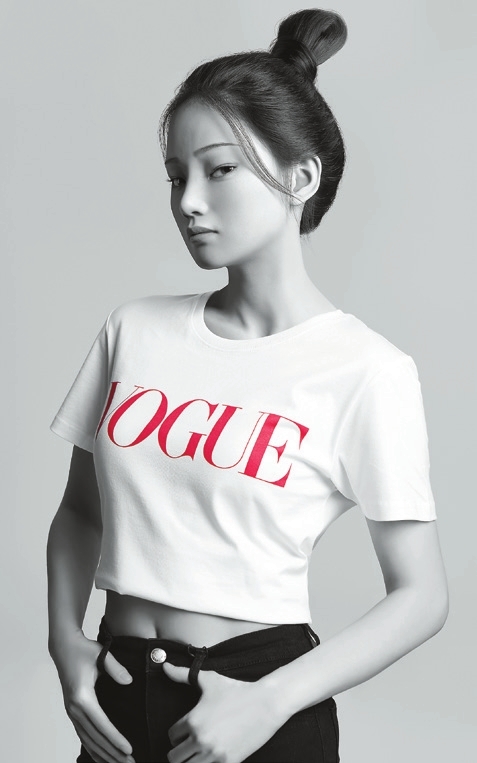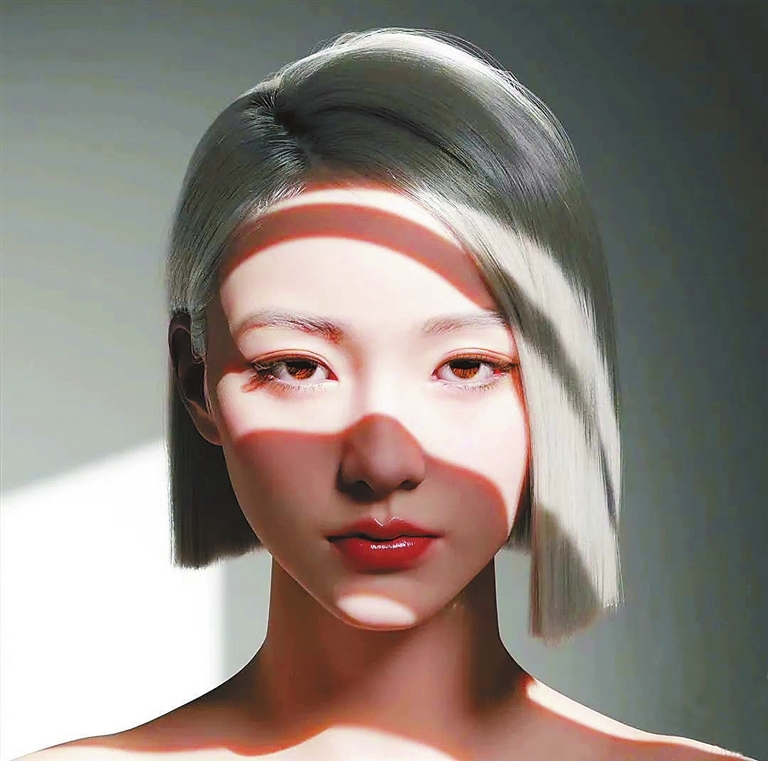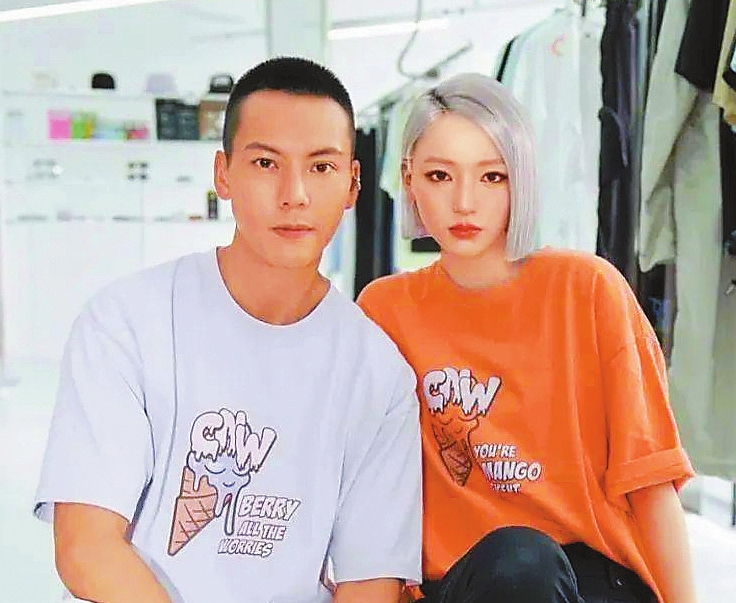



The market for virtual influencers is rapidly expanding in China, which is bringing improved technology and more realistic virtual images. In May, Shanghai-based Ranmai Technology created Ayayi, a hyperrealistic digitalized person, and posted her images on Chinese social media Xiaohongshu. Ayayi’s appearance is much closer to a real human than existing virtual idols. Advanced technology enables her skin texture to adapt to different lighting and shadows, simulating that of a real person. The first photo of Ayayi on Xiaohongshu soon garnered millions of views and almost 40,000 fans followed her account overnight due to “her perfect appearance.” Some users even imitated her makeup and hairstyle. Ayayi’s popularity has resulted in her being picked up by brands and invited to exclusive events. She virtually attended “Mickey: The True Original Exhibition” in Shanghai and shared her experience on Xiaohongshu. French perfume, cosmetics and skincare brand Guerlain invited her to “attend” its “Beeloved Garden” party last month. Ayayi is also expected to join the virtual music artist label No Problem in a strategic partnership to enhance digital music performances. She even posted a photo with Hong Kong star William Chan and congratulated on the launch of the Shenzhou-12 manned spaceship. The design of Ayayi took Ranmai Technology more than half a year and 40 versions of iteration have been produced. The company said the primary fans of Ayayi are Gen Z (people born after 1996). Gen Z now has a more substantial influence on popular culture. Digitalization and virtualization of Gen Z’s lives, social interactions and consumption make virtual idols part of the mass culture. China’s virtual influencer market is expected to be worth 1.5 billion yuan (US$232 million) by 2023, according to South China Morning Post. HypeAuditor, a social media research agency, says in the “Top Virtual Instagram Celebrities in 2019” report that netizens prefer to interact with virtual influencers, and the interaction rate of each post by virtual influencers is three times higher than that of real bloggers. There are many unique advantages in using virtual idols since they are completely unrestricted by time, space, weather, physical conditions, skills and other factors. For both fans and businesses, virtual idols would not have dark sides so that their public persona could always stay positive. Furthermore, they could continually evolve with technologies. Since the first AI-powered Chinese virtual influencer Ling was launched in May 2020, she has worked with well-known Chinese and international brands, including Tesla, Vogue and Nayuki. Her agency says that Ling is available to participate in business endorsements, livestreaming and events. Netizens have praised Ling’s traditional Chinese fashion style and makeup, and consumers feel like they are being represented by her. (SD-Agencies) | 
